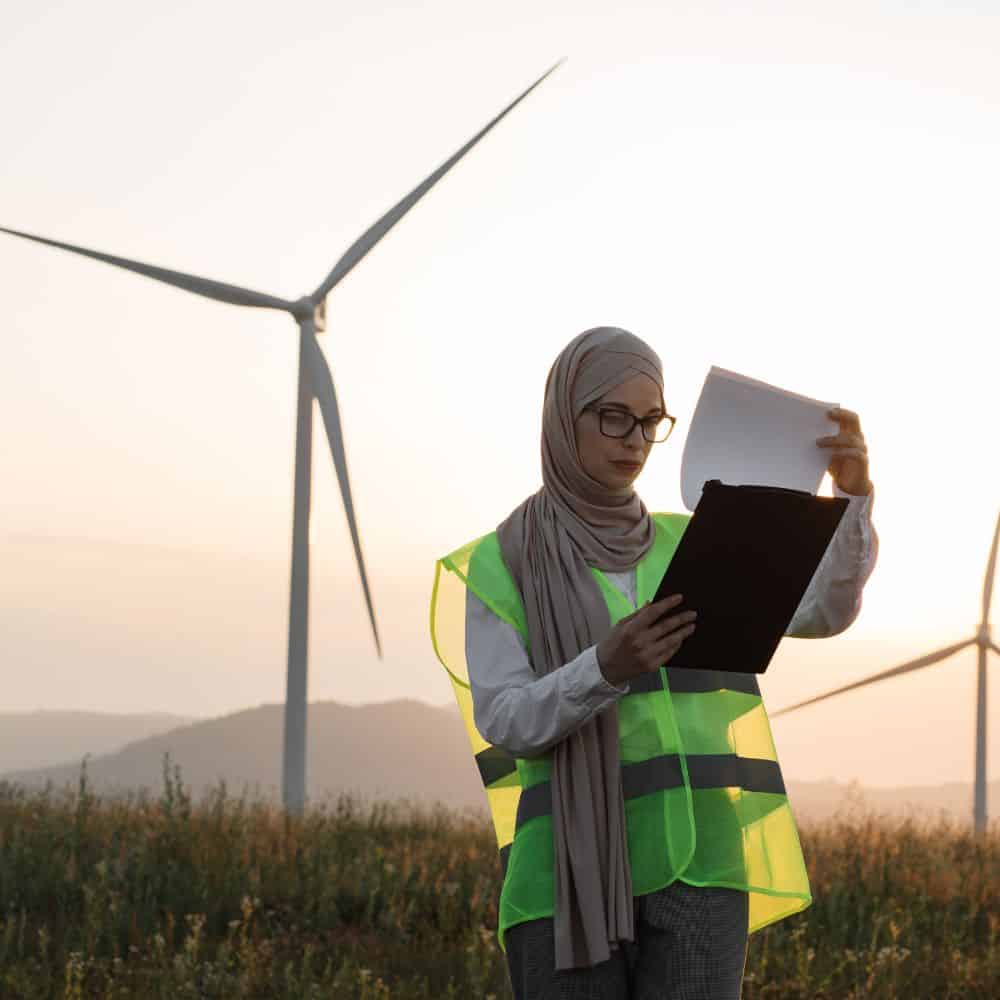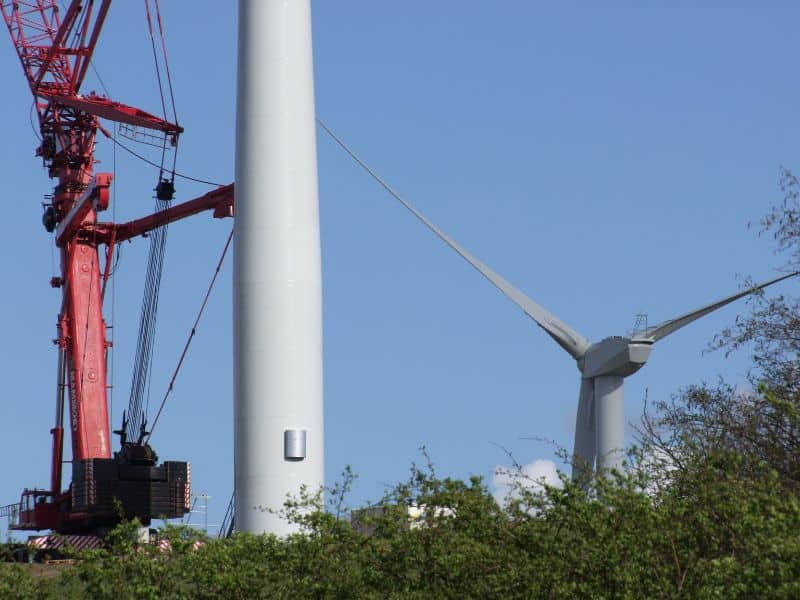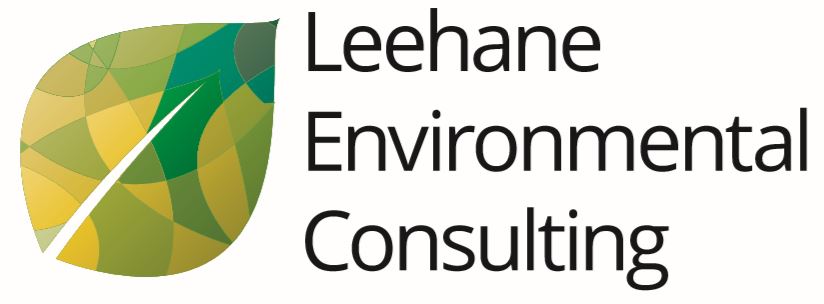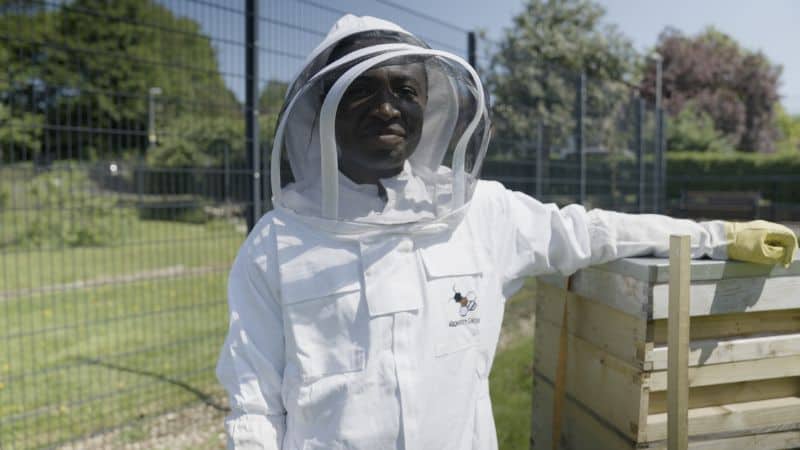An internal Auditor might only undertake or participate in audits occasionally, so a typical day will be very much focussed on the individual’s primary role.
In a larger organisation or in a certification body, one or more individuals will have overall responsibility for the audit programme, the arrangements for undertaking audits. This is a management function, and often these individuals do not participate directly in audits, but will ensure that audits are properly resourced, planned and undertaken.
Full-time Auditors (or those with extensive involvement in auditing) are likely to experience a wide range of audit situations and will undertake various auditing tasks, including planning, conducting, and reporting the findings of audits. Depending on the type of audit, they may also be required to support auditees in working to improve their environmental management processes and performance.
Although most work is desk-based, travel is a regular feature of many Environmental Auditors’ work, either to sites within their own organisations, or to client or supplier locations. In some cases, this will involve international travel, potentially exposing Auditors to a wide range of situations, and the chance to discover different working cultures and languages. Whilst the use of remote communications methods, such as video conferencing, may reduce the need for travel, other travel challenges remain.
Auditors need to develop and maintain their competence, which may involve shadowing or being mentored by an experienced Auditor or formal auditor training, as well as constantly keeping up to date with their knowledge. Experienced Auditors can play a key role in the development of new or junior colleagues.















